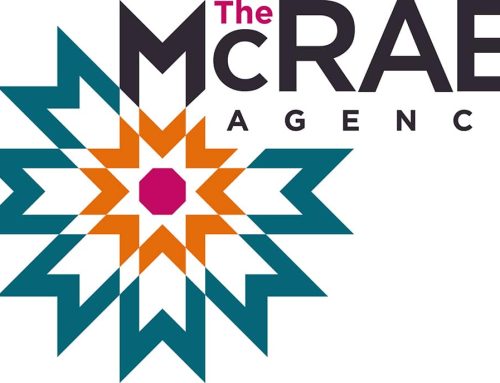By Dr. Jenna Dye, Naturopathic Physician
The thyroid is a small butterfly-shaped gland in the front of your neck. The thyroid gland releases thyroid hormones that support many important functions in the body. This can include metabolism support, temperature control, digestive health, and support for the hair, skin and nails. Thyroid hormones also play a role in the cardiovascular system and mood balance.
There are two major types of thyroid dysfunction.
Hypothyroidism: This is a condition in which the body does not make enough thyroid hormone. In some cases, this condition can be caused by an autoimmune disease called Hashimoto’s Thyroiditis. The immune system produces antibodies that target the thyroid gland to be attacked, which can cause a decrease in thyroid hormone and, in some cases, can cause the thyroid gland to enlarge. Patients with hypothyroidism often have symptoms of fatigue or brain fog, cold hands and feet, constipation, dry skin or hair loss, and weight gain.
Hyperthyroidism: In this situation, the thyroid gland produces too much thyroid hormone. There can also be an autoimmune component that involves antibody production called Grave’s disease. The thyroid gland is attacked by the immune system, causing an overproduction of thyroid hormones and often an enlargement of the thyroid gland. The most common symptoms are elevated heart rate or blood pressure, diarrhea, anxiety, excessive sweating, and abnormal weight loss. Over time, if this condition is unmanaged, it can cause stress on the cardiovascular system, bone loss and eye disease.
Proper diagnosis and evaluation of thyroid disorders are important. TSH (Thyroid Stimulating Hormone) is the most common hormone evaluated for thyroid function. It is released by the brain and tells the thyroid to produce thyroid hormone. Although it can be a good indication of how the thyroid is functioning, there is often more to the picture. T4 (Thyroxine) is the main hormone produced by the thyroid gland. It must be converted to T3 (Triiodothyronine), which is the active thyroid hormone utilized by the tissues. If thyroid dysfunction is suspected, a full thyroid panel should be checked. This includes the TSH, the Free T3 and the Free T4. Thyroid antibodies should be checked if autoimmune disease is suspected.
There are many factors that influence how well the thyroid functions. In naturopathic medicine we look at nutrient deficiencies such as Selenium, B12, Zinc and Vitamin D. We focus on diet by eliminating foods that are inflammatory. We support the body’s response to stress by supporting the adrenal glands and reducing stress in our everyday life. We also focus on the digestive system by healing the gut lining, balancing the gut flora, and supporting regular bowel movements. Thyroid hormone replacement may be indicated in some situations and there are many options based on a patient’s individual needs.
Naturopathic medicine can be a great support for thyroid health. A detailed health history, physical exam and proper laboratory evaluation can ensure a targeted approach for your specific health care needs.
Dr. Jenna Dye is a licensed naturopathic physician. Her role is to support the body’s foundation to restore and maintain optimal health. Together with her patients, this is achieved by identifying and removing barriers that may be impacting health while creating a healing environment. For more information, visit drjennadye.com.





